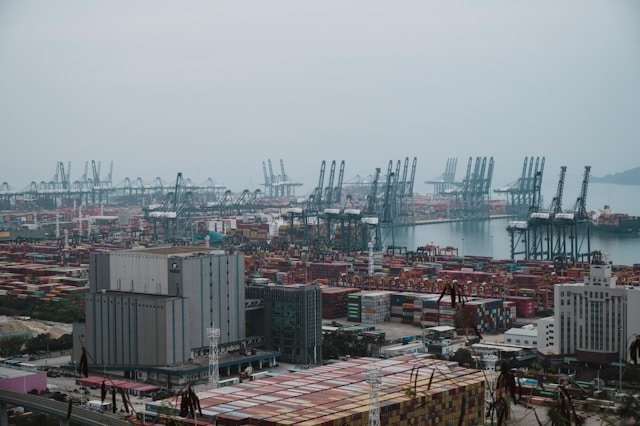The Federal Government has intensified efforts to roll out the National Single Window at Nigeria’s ports, aiming for full implementation by 2026.
Vice President Kashim Shettima described the initiative as a “game changer” for port operations, designed to harmonise documentation, reduce human contact, and enhance transparency in cargo clearance.
Speaking at the second meeting of the Ports and Customs Efficiency Committee at the Presidential Villa, he said the policy targets a significant reduction in cargo clearance time.
“By the end of 2026, we aim to reduce average cargo clearance time in Nigeria to under seven days,” he stated, adding that the goal is to make Nigerian ports rank among Africa’s top three most efficient trade gateways.
Shettima noted that clearing goods in Nigeria currently costs about 30 per cent more than in regional peers, discouraging investment, raising consumer prices, and weakening export competitiveness.

“Our ports record cargo dwell times 475 per cent above the global average benchmark. We cannot afford to continue down this path,” he said.
The Vice President directed the Nigerian Ports Authority (NPA), Nigerian Customs Service (NCS), NAFDAC, SON, and other agencies to develop a roadmap for an effective weights and measures framework, ensuring fairness in trade, accurate measurement, and consumer protection.
Shettima also expressed optimism about the pending Executive Order on Joint Physical Inspection before President Bola Tinubu, which he said would address long-standing bottlenecks and promote predictability, transparency, and speed.
“The era of working in isolation is over. Inter-agency rivalry must give way to collaboration. Our efficiency depends on how well we work together,” he urged.
Zahrah Audu, Director-General of the Presidential Enabling Business Environment Council (PEBEC), highlighted the impact of poor port operations on Nigeria’s Ease of Doing Business rankings and called for improved efficiency.
NPA Managing Director Abubakar Dantsoho said technology adoption, infrastructure upgrades, human capacity development, and inter-agency synergy remain key priorities to boost competitiveness and ensure Nigeria remains relevant in regional and global trade.
Rate, Like 👍, Comment 💬, Share this article, Follow us on our social media handles, and Submit your own story to get featured and earn rewards!







